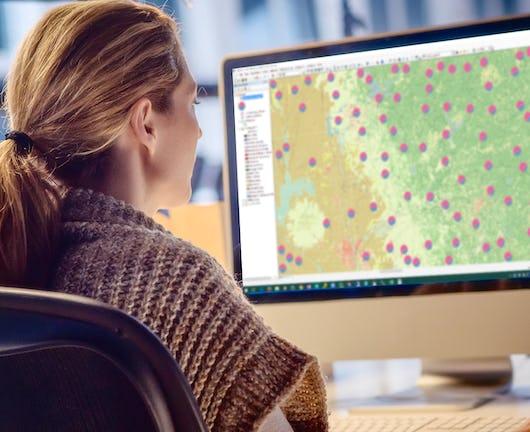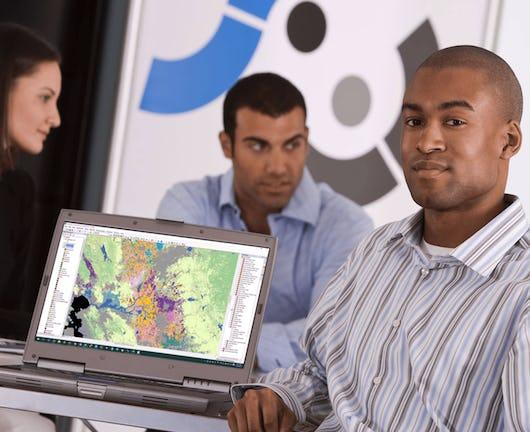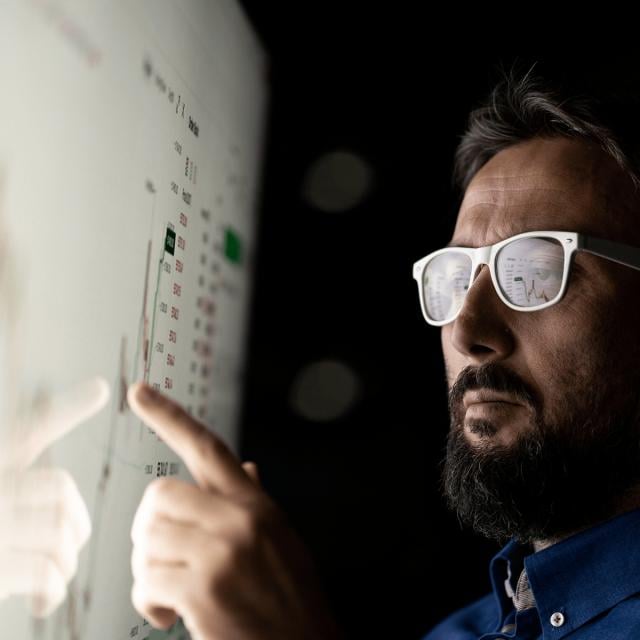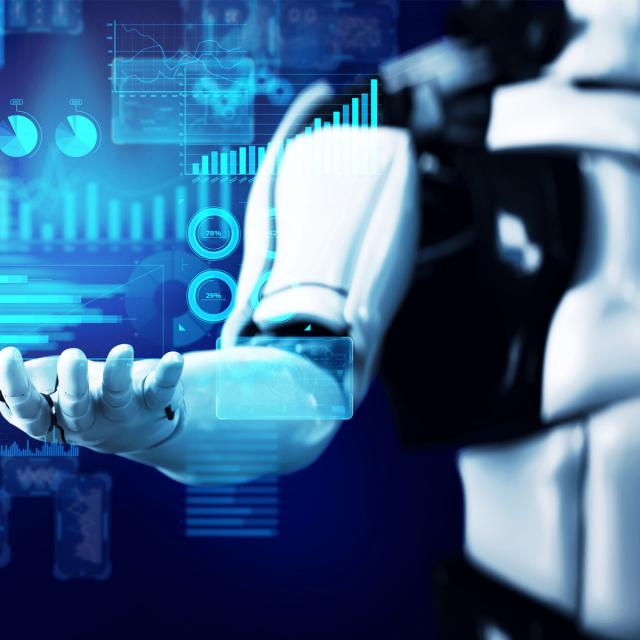Chemical Hazards: Toxicology & Reactivity (Coursera)
Categories
Effort
Languages
This course aims to provide process safety experience for engineers, particularly relevant to chemical engineering but applicable to any field involving process operations. This course introduces you to the important, practical, value-added skills and information that will aid your career, or preparation for a career, in chemical process engineering. [...]
Apr 29th 2024










